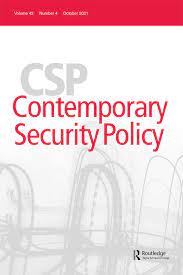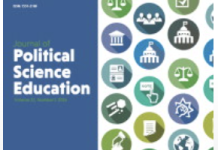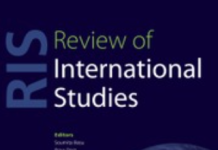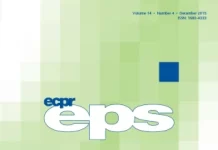Filip Ejdus and Catherine Hoeffler
The existing scholarship shows that neutral and non-aligned countries in Europe closely and often covertly engage with NATO despite their official posture. However, we lack comparative insights into how this phenomenon plays out in various countries. To understand this phenomenon of crypto-Atlanticism (CA) better we develop a framework to capture variations depending on the strength of elites’ Atlanticist preferences and their perceptions of public opinion’s preferences for neutrality. We illustrate our framework with evidence from twenty-four interviews with policy elites from Austria, Serbia and Sweden conducted between 2020 and 2022. Our findings show that elites exhibited various forms of CA: while the strength of Atlanticism is stronger in Austria and Sweden than in Serbia, the degree of restriction in publicly expressing these preferences was less restrained in Sweden than in Austria and Serbia. In conclusion, we discuss the implications of our findings for the theory and practice of military neutrality.
Download free copy here: https://www.tandfonline.com/eprint/9RVGRPBTM72MAHPXXAXN/full?target=10.1080/13523260.2023.2289329




